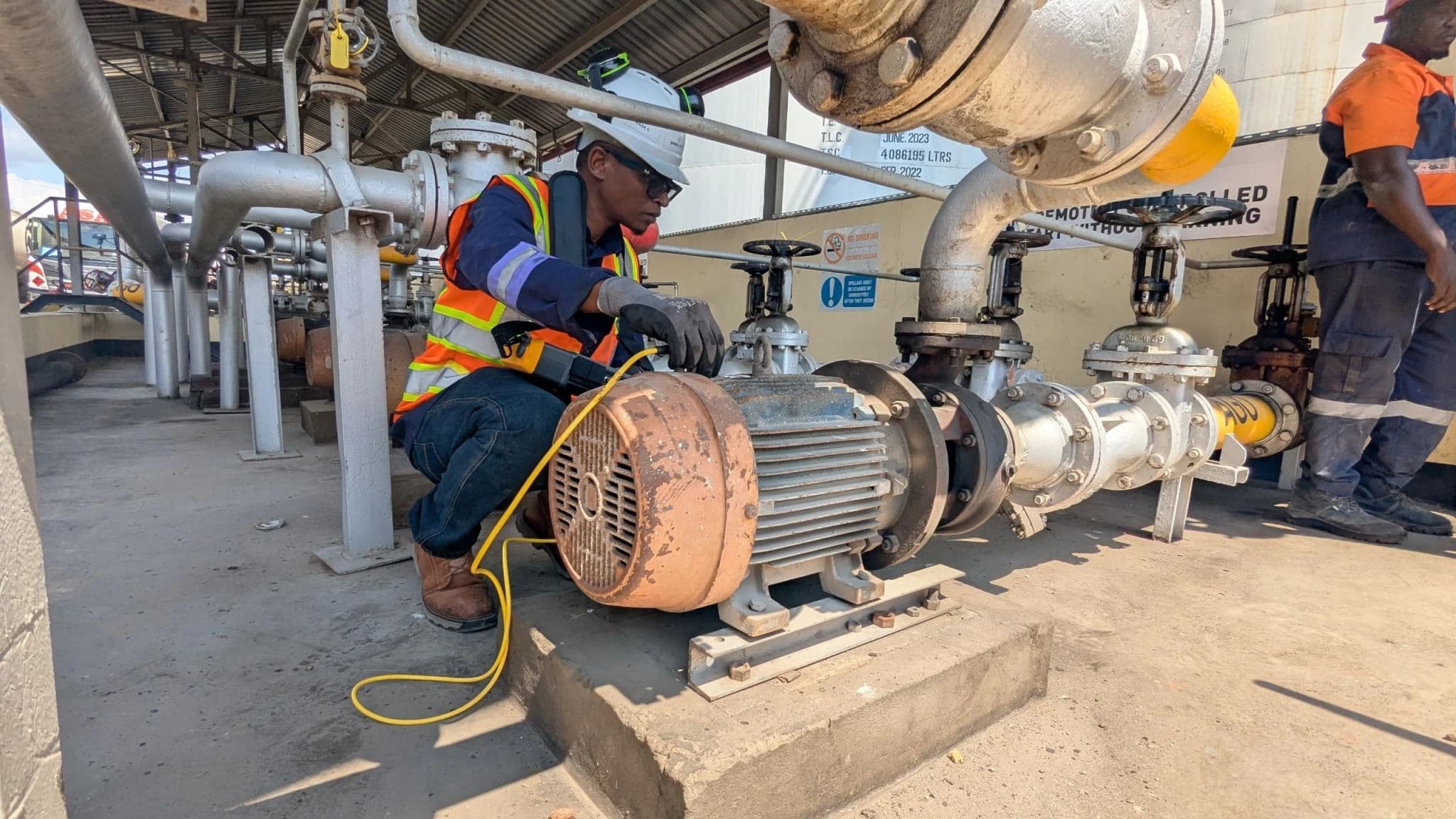How predictive maintenance technologies like IoT and AI are shaping the future of equipment reliability.
Key Insights
- IoT sensors enable real-time condition monitoring.
- AI models improve failure prediction accuracy.
- Implementation requires strong data strategies.
Introduction
Predictive maintenance is transforming the industrial world. By leveraging IoT, AI, and advanced analytics, companies can predict failures before they happen and save millions in downtime costs.
"The future of maintenance is predictive, not reactive." – Industry Expert
The Role of IoT in Predictive Maintenance
Internet of Things (IoT) sensors now provide continuous monitoring of vibration, temperature, pressure, and other key metrics. These data streams allow real-time diagnostics of rotating machinery, transformers, turbines, and more.
Machine Learning Applications
Machine learning algorithms analyze historical and live data to recognize failure patterns. For example, abnormal vibration signals combined with lubricant analysis can accurately predict bearing wear.
Industry Case Study
In one energy plant, predictive maintenance reduced unplanned downtime by 40% and saved over 30% in regular annual maintenance costs.
Best Practices for Implementation
- Start with critical assets first.
- Integrate IoT data with CMMS/ERP systems.
- Train engineers on data interpretation.
- Validate AI predictions with expert reviews.
Conclusion
Predictive maintenance is no longer optional—it is a competitive necessity. Companies that invest in diagnostics and monitoring now will see long-term ROI and reliability improvements.


